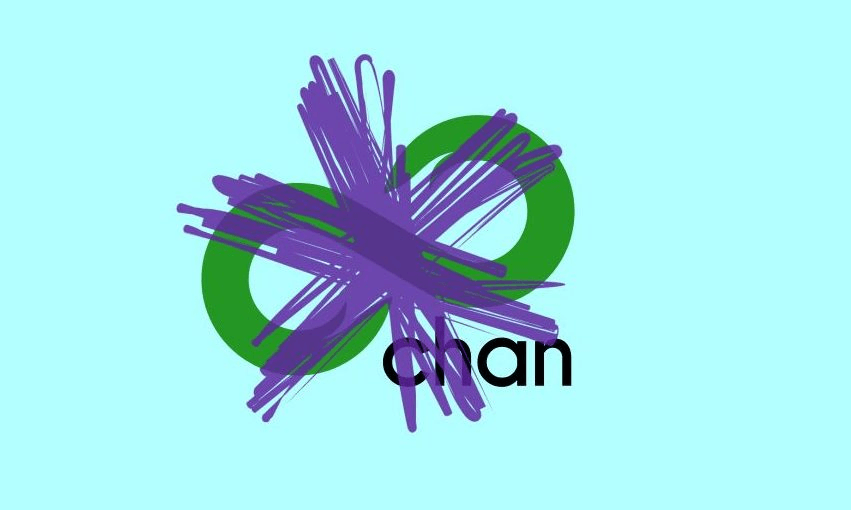New Zealand’s biggest ISP said it would prefer to see intervention by the censor’s office, but in light of 8chan’s role in terrorism from Christchurch to Texas, access would be blocked should the site resurface.
New Zealand’s biggest internet service provider says it will block 8chan after the extremist website was implicated in the white supremacist terror attack in El Paso, Texas, on the weekend.
A hotbed of racism, extremism and hate speech, 8chan was the online forum chosen by the alleged terrorist to post his “manifesto”, which explicitly linked the attack, targeting non-white people in the Hispanic-majority city, to the March mosque attacks in Christchurch.
The site, a now infamous incubator of white supremacists, is currently offline, but Spark will suspend access to it if and when it re-emerges, CEO Jolie Hodson revealed last night.
Explaining the decision, Spark’s head of corporate relations, Andrew Pirie, said that it was reluctant ever to block online content, but “with respect to one particular platform, which has shown egregious behaviour on a consistent basis, we think this is the right thing to do.”
Pirie told The Spinoff: “The presumption is that at some point they’ll find somebody who’s prepared to host them and they’ll get back up online again. We’ve taken a decision that because of their repeated transgressions … We think it’s in the interests of our customers that we block them.”
After the March 15 attacks in Christchurch, Spark, along with Vodafone, 2Degrees and other major ISPs, blocked a number of sites, including 8chan, that continued to host content such as the alleged terrorist’s video. “We did that for a period of two weeks and then we reverted to business as usual … We don’t want to be in a position where any one person or any group of people at Spark are making the decisions as to what New Zealander can and can’t watch online,” said Pirie.
Spark called instead on the government to step up. “We think that’s a much better for the right bodies in civil society, such as the chief censor, to be making those sort of decisions … We don’t want as individual ISPs to be having to make decisions on every website in the world, on what people should and shouldn’t see.”
He added: “There have been discussions with the government since March about a better procedure around this stuff.”
On Monday, CloudFlare, an online security company that allows sites to remain online in the face of DDoS attacks, said it was dumping 8chan. “While removing 8chan from our network takes the heat off of us, it does nothing to address why hateful sites fester online,” it said in a blog post.
“In taking this action we’ve solved our own problem, but we haven’t solved the internet’s.”
The chief censor, David Shanks, this week backed internet providers working to stop access to 8chan, as well as urging the government to expedite is review of online hate speech regulation.
Vodafone told The Spinoff they had not taken a decision to block 8chan, but were “watching the situation closely”.
Rich Llewellyn, head of external affairs, said: “We will always block where we are required to block. Ideally, 8chan won’t find a new server, because we find much of the content they carry abhorrent and despicable. If they do, we will consider options, bearing in mind that we don’t believe, in principle, that it is the role of the ISPs to police the internet.
“In an ideal world, we would have clear government guidelines to deal with these sorts of situations. Post-Christchurch, industry and government are working towards that.”
Echoing Spark, 2Degrees said it too would block 8chan again should it return online.
A spokesperson said: “2degrees and the industry are united on two things – first, that we find the content of this site to be abhorrent, and second is that we want to work with government to find a long term solution to how these censorship decisions are made, so that they don’t fall to the ISPs. That said, if and when the site in question finds a host and becomes live again, we will block the site again.”
Following the Christchurch atrocity, which was streamed live by the alleged killer on Facebook and cheered on by users of 8chan, Spark, Vodafone, 2Degrees and other New Zealand internet providers suspended access to sites that were sharing the video of the attack.
“We believed this extraordinary step was the right thing to do in such extreme and tragic circumstances,” wrote the then CEOs of the three companies in an open letter which also challenged Facebook and Twitter to take action.
They wrote: “Content sharing platforms have a duty of care to proactively monitor for harmful content, act expeditiously to remove content which is flagged to them as illegal and ensure that such material – once identified – cannot be re-uploaded.”
This story was updated to include comment from 2degrees.



